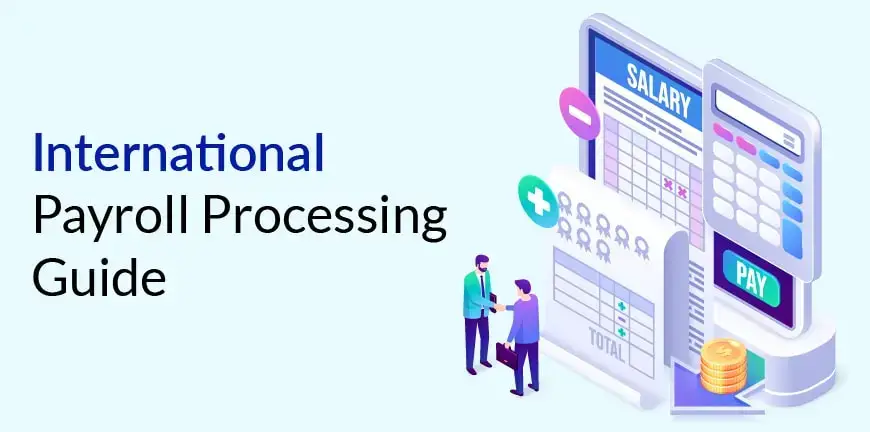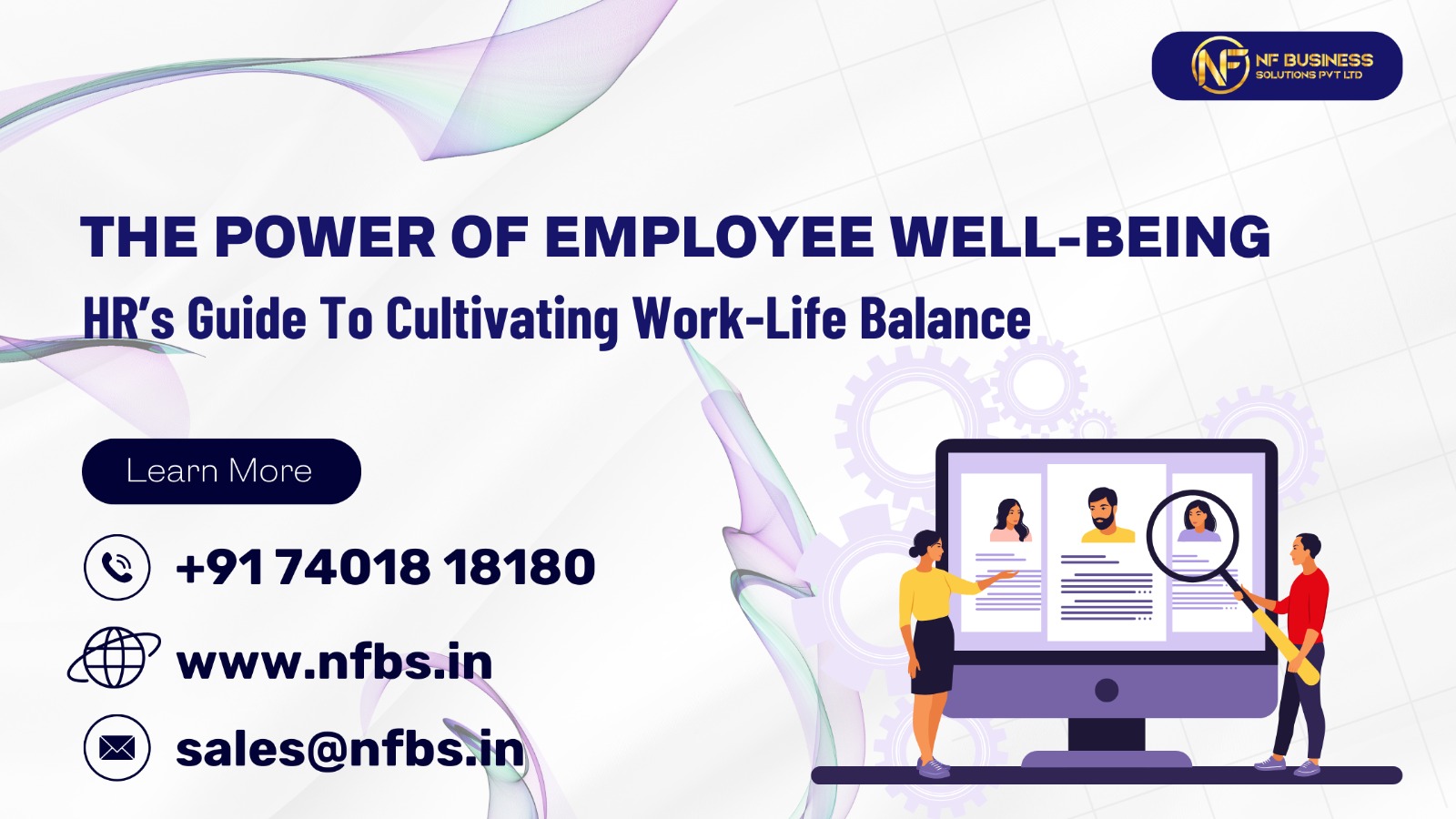The Importance of Human Life over Material Possessions:
In recent years, particularly during the pandemic, we have been starkly reminded that material possessions and wealth are inadequate replacements for the intrinsic worth of human life. This period has reinforced the importance of fostering collaboration among individuals and prioritizing the fundamental values of humanity. Consequently, the realm of work has undergone significant transformations.
Alternative Approaches to Leadership and Motivation:
Leaders have come to recognize that there are alternative approaches to guiding and motivating people to achieve objectives, while simultaneously cultivating an environment of trust and accountability.
Embracing a Shift in Mindset: Successful Leaders
Many leaders have successfully embraced this shift in mindset and adjusted their leadership styles accordingly. However, a substantial portion of the population still finds themselves grappling with the clash between traditional practices and the emerging paradigm.
What has Changed?
The pandemic prompted a significant shift in work dynamics, with many individuals transitioning to remote work and organizations embracing a distributed workforce.
Digital Transformation: Impacts on Various Aspects of Work
The Pandemic’s Impact on Remote Work:
This digital mode of operation encompassed various aspects, ranging from customer engagement, partner collaborations, and stakeholder communications to task delegation, workflow approvals, and other core business processes. However, as the pandemic subsides and some regions return to physical workplaces, a clash of perspectives has emerged.
Influence of Traditional Power Centers:
Traditional power centers rooted in conventional work models are exerting influence to reinstate established methods and norms. Conversely, a considerable portion of the workforce advocates for continued remote work, citing its efficiency and the potential to tap into a diverse talent pool. The debate surrounding this issue remains ongoing and is likely to persist for an extended period.
What changes do we need to consider?
There are several key considerations that necessitate attention. Firstly, it is imperative to acknowledge certain realizations that are not subject to debate.
Evolving Employee Expectations: Beyond Equitable Compensation
Employees now seek more than just equitable compensation; they desire compassion, autonomy, and trust from their colleagues, including managers and leaders. As a result, managers must rise to the occasion by adapting their leadership styles. This entails reducing elements of directiveness and increasing elements of collaboration, camaraderie, and transparency.
Shifting from “I” to “We”: Prioritizing the Collective Perspective
For instance, managers should prioritize the collective perspective (“we”) rather than seeking opportunities to assert their authority and prove their individual contributions (“I”). It can be challenging for managers to acknowledge their limitations and display vulnerability, as they often prefer to overlook such areas instead of openly accepting their blind spots and weaknesses. While the traditional mindset positioned the manager as an all-knowing figure of power, the new approach emphasizes a collaborative style that involves assessing the situation collectively and reaching decisions.
Leading with Integrity: Purpose, Values, and Beliefs:
The manager’s role in leading with integrity around the organization’s purpose, values, and beliefs has become more crucial than ever before.
A Family-like Approach: Leading a team within the business context now resembles leading a family, akin to the way parents guide their lives while considering the needs and stakeholders connected to their children.
How does a leader with a strong sense of compassion navigate challenging decision-making situations?
The perception that compassionate leaders may struggle to make tough decisions due to their emphasis on empathy and collaboration is a common concern. Many believe that leaders should possess strength and toughness to make difficult choices that can potentially have significant impacts on others. However, when we discuss compassion and collaboration, it is natural to question whether these qualities make a person appear soft, indecisive, or prone to procrastination.
The Essence of Compassionate Leadership: Extending Beyond Employees
In reality, a compassionate leader exemplifies compassion towards all stakeholders, extending beyond employees alone. True compassion entails actively listening to individuals, understanding them as unique individuals, and empathizing with their experiences.
Facilitating Growth and Unlocking Potential
The role of a compassionate manager goes beyond merely showing empathy; it includes facilitating each employee’s growth, unlocking their potential, and enabling them to achieve their best. This involves setting ambitious goals, providing guidance and advice, and serving as a coach or mentor to help employees reach new heights of success. Furthermore, a compassionate leader extends their compassion to shareholders or owners of the organization, as well as customers and external stakeholders.
The Delicate Balancing Act: Making Tough Decisions with Compassion
Life is multi-dimensional, and a leader must navigate and balance various interests while maintaining their humanity. It is through this delicate balancing act that a compassionate leader can make tough decisions while considering the needs and well-being of all involved.








